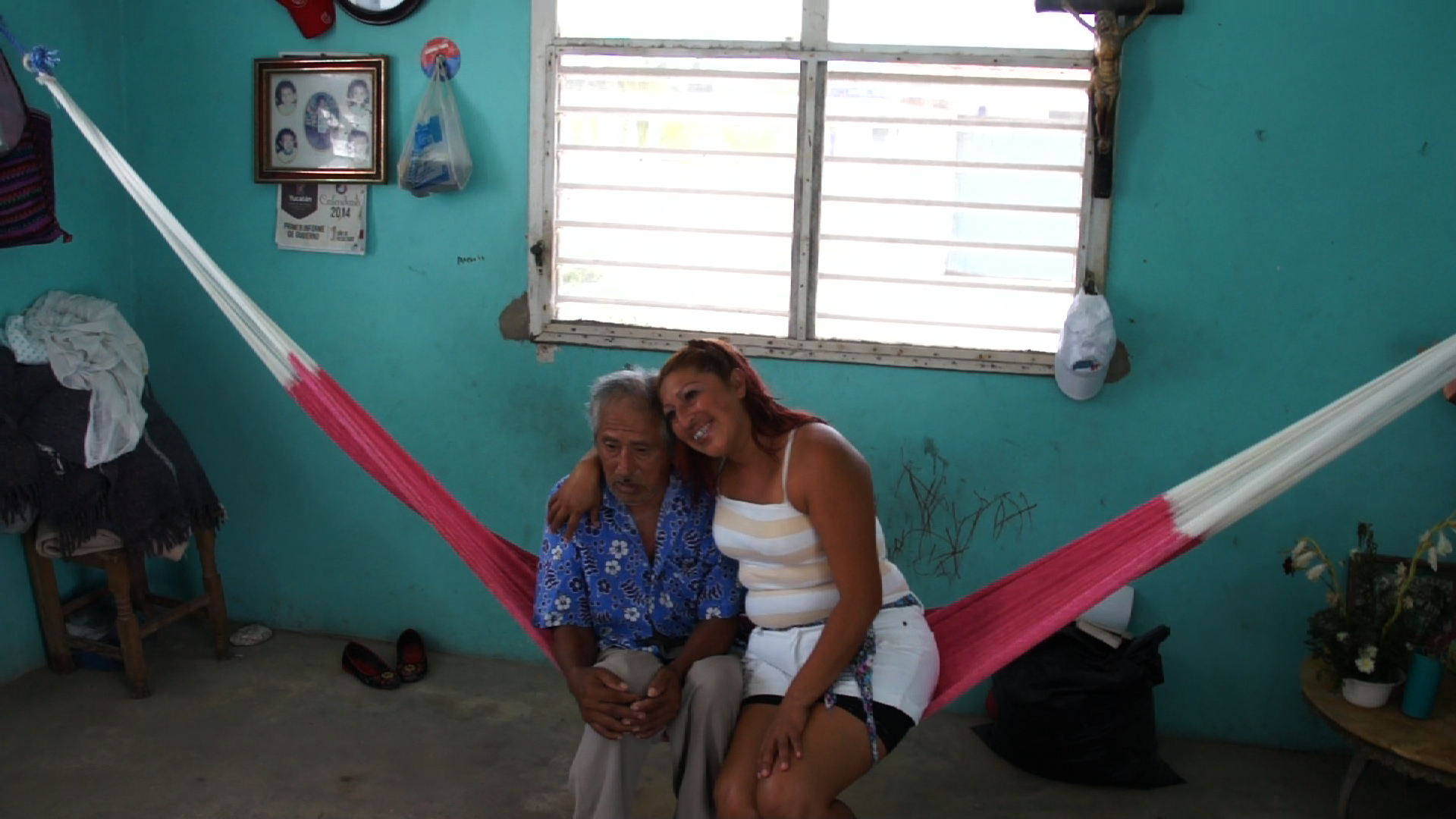As all eyes are on New York this month for the annual UNGA meetings, including the High Level Meeting on NCDs, we will likely think about SDGs and health, and perhaps even read about the impact of non-communicable diseases (NCDs) on men, but we should not forget how NCDs affect women everywhere. Women are impacted by NCDs uniquely and disproportionately as patients, caregivers, and mothers. We know because we asked 10,000 women that.
Let us examine just one aspect at some length: the role of women as caregivers.
Arogya World, a member of the Taskforce on Women & NCDs, asked 10,000 women (1,000 in each of 10 countries), what the impact of NCDs was on them and their families. This was the largest and most ambitious grassroots effort ever employed to gather women’s perspectives on NCD impact. We know NCDs—which include heart disease and diabetes—are the #1 killer of women, but data on what women believe is the impact of these serious diseases on their everyday lives was scarce. So we thought we would simply ask women that question, reaching them on their cell phones and via the internet, in developed and developing countries, from different continents around the globe.
What we found was staggering.
Two thirds of the women said someone in their home suffered from an NCD, 50% said they provided the care for this person, and 20% said they had to quit their jobs to do so.
Let us reflect on this a bit. Half the women in the world are providing care for people with NCDs.
Women do more unpaid work than men and less paid work than men. We are grateful to UN Women and Melinda Gates for highlighting this issue. The time women spend on unpaid work like cooking, grocery shopping, taking care of the elderly and babies, is time they are not contributing to the GDP. The brunt of the global burden of caregiving we know falls on women. What we likely don’t realize is that NCDs, as our 10,000 women’s study showed us, are a major reason for this extra burden of caregiving. Not only do women suffer from NCDs, we also suffer enormously from caregiving for NCDs.
NCDs place important restrictions on a woman’s ability to sustain paid jobs—or advance her lot in life in significant ways.
This came home to me from personal experiences. My mother-in-law suffered from chronic heart disease and other NCDs for a number of years. She was in and out of the hospital many, many times. It was her daughter who was expected to, and did become, her caregiver. My sister-in-law put her life literally on hold for a number of years, dutifully providing the care needed to ease her mother’s pain and suffering. If she hadn’t stepped in, the burden would have fallen on the daughters-in-law.
Diabetes runs in my father’s family. One of my cousins, who had diabetes for a number of years, suffered many consequences of uncontrolled diabetes including kidney disease and dialysis. The person taking care of him all the years until he died some time ago, was his wife. She accompanied him to every dialysis, twice a week, suffering with him, and the quality of their lives worsened as a result.
To echo the theme of the ENOUGH! Campaign from the NCD Alliance, we, as Arogya World, as members of the Taskforce on Women and NCDs, as members of the global health community, today, say ENOUGH. ENOUGH of women putting up with the pain and suffering from heart disease, breast cancer, cervical cancer, gestational diabetes, eclampsia, and kidney disease. ENOUGH of being exposed to cooking fuels and getting lung cancer and chronic lung diseases. ENOUGH of doing unpaid work like cooking and cleaning and not getting credit for it on the world stage. ENOUGH of worrying about our husband’s health and obesity. ENOUGH of worrying about the ads for junk foods, the latest sugary drinks, and cigarettes targeting our children. Quite ENOUGH of serving as caregivers for family members with NCDs. And ENOUGH of quitting paid jobs to do so.
We demand attention from world leaders gathered
in New York. We implore them to address unpaid care and NCDs and the
disproportionate burden of these serious diseases on women. It is quite simply
Our Health. Our Right. And we ask for it Right Now.


